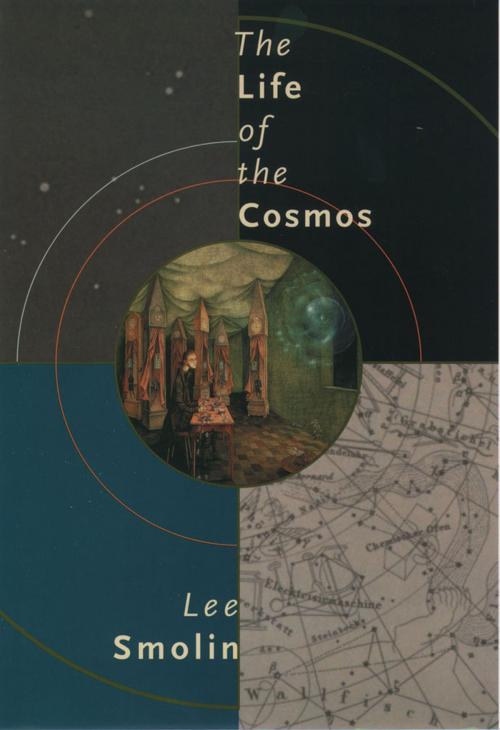| Author: | Lee Smolin | ISBN: | 9780199839360 |
| Publisher: | Oxford University Press | Publication: | March 4, 1999 |
| Imprint: | Oxford University Press | Language: | English |
| Author: | Lee Smolin |
| ISBN: | 9780199839360 |
| Publisher: | Oxford University Press |
| Publication: | March 4, 1999 |
| Imprint: | Oxford University Press |
| Language: | English |
Lee Smolin offers a new theory of the universe that is at once elegant, comprehensive, and radically different from anything proposed before. Smolin posits that a process of self organization like that of biological evolution shapes the universe, as it develops and eventually reproduces through black holes, each of which may result in a new big bang and a new universe. Natural selection may guide the appearance of the laws of physics, favoring those universes which best reproduce. The result would be a cosmology according to which life is a natural consequence of the fundamental principles on which the universe has been built, and a science that would give us a picture of the universe in which, as the author writes, "the occurrence of novelty, indeed the perpetual birth of novelty, can be understood." Smolin is one of the leading cosmologists at work today, and he writes with an expertise and force of argument that will command attention throughout the world of physics. But it is the humanity and sharp clarity of his prose that offers access for the layperson to the mind bending space at the forefront of today's physics.
Lee Smolin offers a new theory of the universe that is at once elegant, comprehensive, and radically different from anything proposed before. Smolin posits that a process of self organization like that of biological evolution shapes the universe, as it develops and eventually reproduces through black holes, each of which may result in a new big bang and a new universe. Natural selection may guide the appearance of the laws of physics, favoring those universes which best reproduce. The result would be a cosmology according to which life is a natural consequence of the fundamental principles on which the universe has been built, and a science that would give us a picture of the universe in which, as the author writes, "the occurrence of novelty, indeed the perpetual birth of novelty, can be understood." Smolin is one of the leading cosmologists at work today, and he writes with an expertise and force of argument that will command attention throughout the world of physics. But it is the humanity and sharp clarity of his prose that offers access for the layperson to the mind bending space at the forefront of today's physics.















